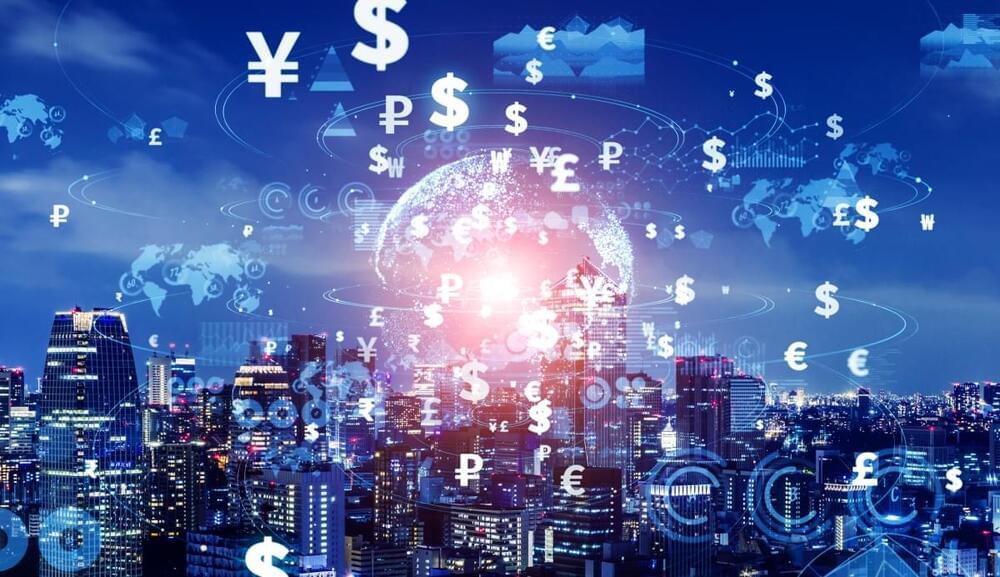It is clear to see that the variety of businesses, individuals, and entities that could potentially operate in the metaverse is vast. The widespread use and acceptance of decentralization through the growth of crypto, NFTs, and DeFi point to a fully-realized future operating outside of the parameters of today’s established markets.
Evidently, therefore, the metaverse is not a sci-fi fantasy conjured up in a dystopian novel, but a more tangible and natural progression for the current structuring of the internet. The founding principles of the metaverse have already been introduced in many ways. Now its development centers on blockchain technology and DeFi to propel it from the conceptual stage towards the implementation phase. This development will allow us to firmly realize the true extent that the metaverse will impact our lives.
The gaming industry is one such sector that stands to benefit greatly from developments arising in the metaverse. Gaming skins, which are in-game avatar outfits, are expected to trade at a level of $40 billion every year. Eighty-one percent of players aware of these skins want to trade them for real-world money, according to a report from DMarket. Currently, there is no method of transferring skins across gaming universes or trading them for currency. In the metaverse, however, as every separate gaming universe is connected through a decentralized economy, this would be possible. The use of metaverse-based banks would also enable transactions like these.










Comments are closed.